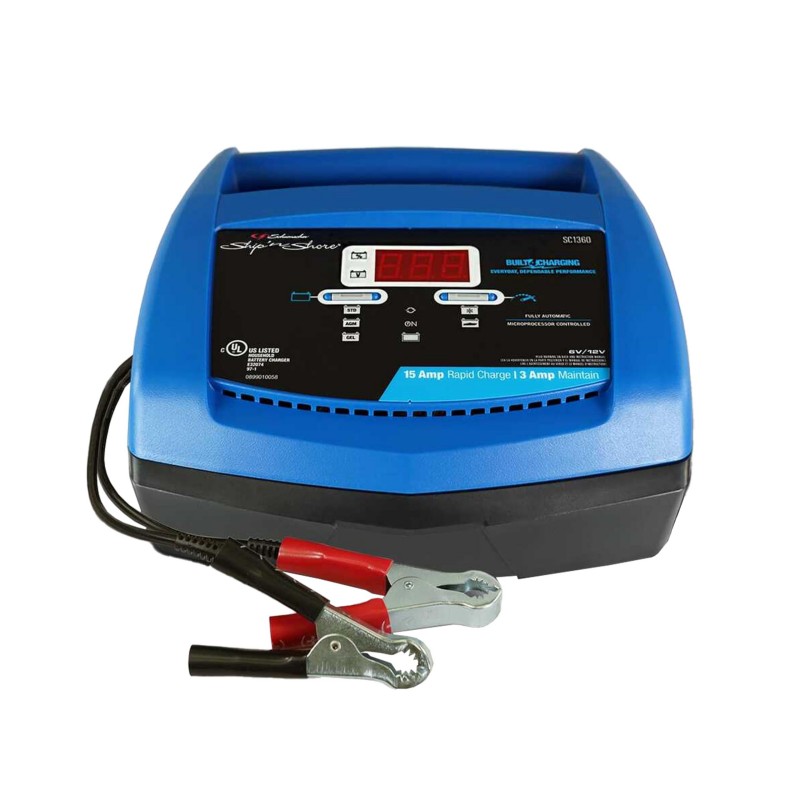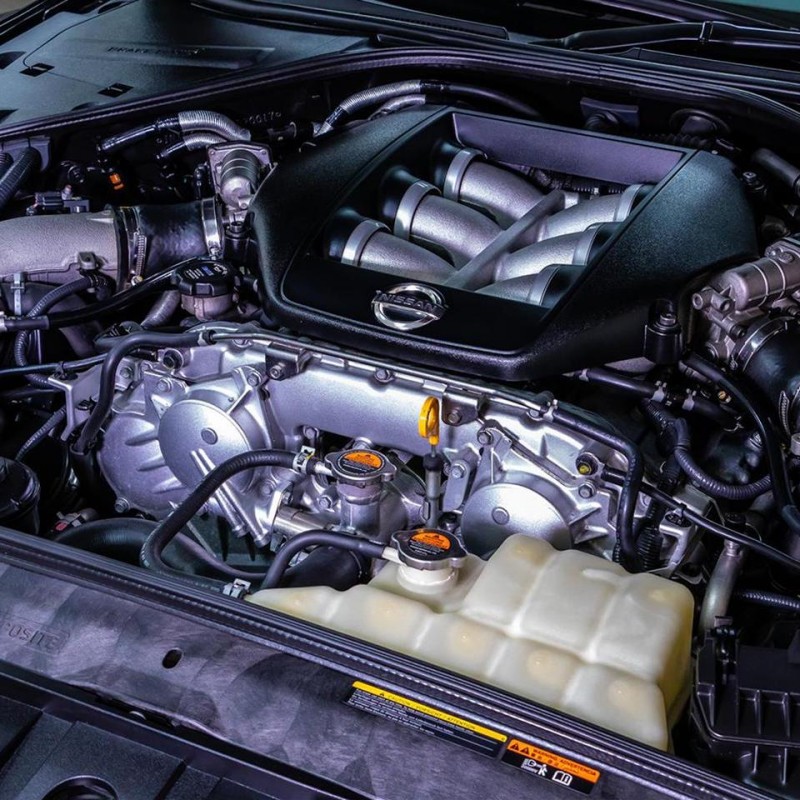Ever climbed into your car, started the engine, and been greeted by a cacophony of noise that wasn’t there before? A loud engine is a surefire sign that something’s wrong, and it can be alarming for even the most seasoned drivers. But don’t panic! In this comprehensive guide, we’ll delve into the common causes of engine noise, equip you with tips for diagnosis, and guide you towards solutions to get your car running smoothly and quietly again.
Understanding Engine Noise: From Rattles to Roars
The internal combustion engine is a complex symphony of moving parts. Under normal circumstances, these parts work together seamlessly, generating a low hum that’s barely noticeable. However, wear and tear, loose components, or malfunctions can disrupt this harmony, leading to a variety of concerning sounds.
Here’s a breakdown of some typical engines noises and what they might indicate:

- Knocking: A persistent knocking sound, especially when accelerating, often points to worn engines bearings. This is a serious issue that requires immediate attention from a mechanic.
- Clunking: A clunking noise on startup could be a sign of a loose engines mount, which connects the engine to the car’s frame.
- Squealing: A high-pitched squeal, particularly when the engine is revved, might be caused by a failing serpentine belt.
- Hissing: A hissing sound coming from the engines bay could indicate a vacuum leak, which can affect engine performance.
- Rattling: A general rattling noise could be due to loose heat shields or exhaust components vibrating against each other.
- Roaring: A loud, constant roar often signifies a problem with the exhaust system, such as a damaged muffler or catalytic converter.
This is not an exhaustive list, and the specific sound can vary depending on the underlying cause. If you’re unsure about the source of the noise, it’s always best to consult a qualified mechanic.
Diagnosing Engine Noise: Become Your Car’s Detective
While a professional mechanic can provide a definitive diagnosis, there are some steps you can take to narrow down the culprit yourself:

- Pay attention to the sound: When does the noise occur? Does it happen at idle, while accelerating, or at specific speeds? Does it change pitch or volume depending on engine RPM?
- Visually inspect the engine bay: Look for any loose components, signs of leaks, or damage to belts and hoses.
- Smell for exhaust fumes: A strong exhaust odor could indicate a problem with the exhaust system.
By gathering this information, you can provide valuable clues to your mechanic, helping them pinpoint the source of the problem faster.
Common Causes of Engine Noise and How to Fix Them
Now, let’s delve into some of the most frequent causes of engine noise and explore potential solutions:
- These bearings support the crankshaft and connecting rods, and wear can lead to a persistent knocking sound. Replacing worn bearings is a complex job best left to a mechanic.
- Engine mounts absorb engine vibrations and prevent excessive movement. Worn or torn mounts can cause a clunking sound, especially on startup. Replacing engine mounts can be done by a mechanic or a handy DIYer with the right tools and knowledge.
- Failing Serpentine Belt: The serpentine belt drives various engine accessories like the alternator and water pump. A worn or damaged belt will likely produce a high-pitched squeal, especially when the engine is revved. Replacing the serpentine belt is a relatively simple task for most cars.

- Vacuum Leak: A vacuum leak occurs when unmetered air enters the engines, causing a hissing sound and potentially affecting engines performance. Finding and repairing a vacuum leak may require a mechanic’s expertise.
- Loose Heat Shields: Heat shields protect nearby components from engines heat. Loose heat shields can rattle against other parts, creating a general rattling noise. Tightening or replacing loose heat shields is a straightforward fix.
- Damaged Exhaust System: A damaged muffler or catalytic converter can cause a loud, constant roar from the exhaust. Replacing a damaged exhaust component typically requires a mechanic’s expertise.
Beyond the Basics: Less Common Causes of Engine Noise
While the previous section covered some of the most common culprits, there are other, less frequent causes of engines noise to consider:

- Faulty Spark Plugs: Worn or fouled spark plugs can cause a variety of noises, including knocking, pinging, and hesitation during acceleration. Replacing spark plugs is a routine maintenance task that can be done at home or by a mechanic.
- Valve Train Noise: The valve train is responsible for opening and closing the engine’s valves. Worn components in the valve train can cause ticking or clattering noises.
Using Tools for Diagnosis: Stethoscopes and Beyond
While your ears are a valuable tool for initial diagnosis, sometimes a little extra help is needed to pinpoint the source of engine noise. Here are some tools that can aid you:
- Mechanic’s Stethoscope: This specialized stethoscope amplifies engine noises, allowing you to isolate the sound to a specific area of the engine. This can be particularly helpful when dealing with multiple noises or sounds that are difficult to locate.
- Long Screwdriver: A long screwdriver can be used as a makeshift stethoscope. By placing the handle against your ear and the tip on different engines components, you can listen for variations in sound that might indicate the source of the problem.
- Flashlight: A good flashlight can help you visually inspect the engine bay for any loose components, signs of wear, or leaks.
Remember, safety is paramount when working around your car’s engine. Make sure the engine is off and cool before performing any inspections.
When to Call in the Professionals
While some engine noises might be minor and treatable with DIY solutions, others require professional attention. Here are some signs that it’s time to call a mechanic:

- The noise is severe or persistent: Don’t ignore a loud knocking, clunking, or grinding sound. These noises often indicate serious problems that can worsen if left unattended.
- The noise is accompanied by other symptoms: If the noise is accompanied by performance issues like decreased power, overheating, or warning lights on the dashboard, seek professional help immediately.
- You’re unsure about the cause of the noise: If you’ve tried diagnosing the problem yourself and are still stumped, a mechanic can provide a definitive diagnosis and recommend the appropriate repair.
Preventing Engine Noise: Maintenance is Key
The best way to deal with engine noise is to prevent it from happening in the first place. Here are some preventative maintenance tips:
- Regular oil changes and oil filter replacements: Clean oil lubricates engine components and reduces wear and tear. Follow your car’s recommended oil change intervals.
- Air filter replacement: A clogged air filter can restrict airflow to the engine, leading to performance issues and potentially causing noises. Replace your air filter regularly according to your car’s maintenance schedule.
- Spark plug replacement: Worn spark plugs can cause misfires and contribute to engine noise. Replace spark plugs at the recommended intervals specified in your car’s manual.
- Visual inspections: Regularly inspect your engine bay for any loose components, signs of leaks, or damage to belts and hoses. Addressing minor issues early on can prevent them from escalating into bigger problems that cause noise.
By following these preventative measures, you can keep your engine running smoothly and quietly for miles to come.
Don’t Let Engine Noise Drive You Crazy: Take Control!
Engine noise can be a cause for concern, but with the information and tips provided in this guide, you’re well-equipped to diagnose the problem and take action. Remember, early detection and intervention are key to avoiding costly repairs down the road.

Empower yourself to become your car’s detective! Pay attention to the sounds your engine makes, and don’t hesitate to seek professional help when needed. With a little knowledge and preventative maintenance, you can ensure your car continues to purr happily for years to come.


